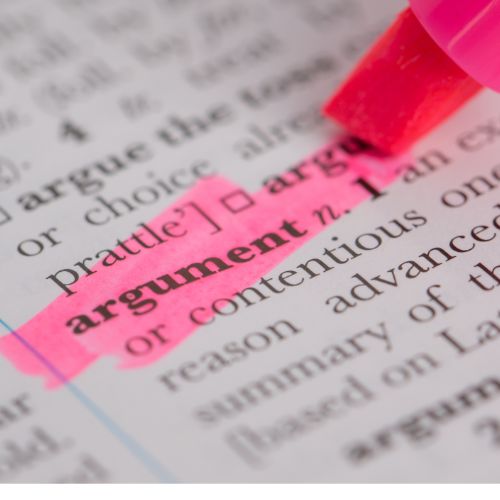It can happen to anyone: A property owner installs a fence, plants a hedge, builds a retaining wall, a walkway, driveway, or some other structure only to find they have unintentionally encroached on their neighbor’s adjoining property. It is also possible the property owner intentionally violated his or her neighbor’s boundaries just to get the job done. Either way, encroaching on someone’s property is similar to trespassing; it is entering another person’s property without their express permission. If you are the neighbor who is being encroached, the matter needs to be settled.
In a perfect world, the property owners would find a way to accommodate one another and maintain peace in the neighborhood. But neighbor disputes can be messy and they can become contentious. Having an experienced real estate attorney is highly recommended. Hiring a real estate litigation lawyer can provide the guidance you need, inform you of available options, and lead you to a resolution.
Know the meaning of encroachment
It pays to have basic knowledge of your rights as a property owner. Encroachment falls into two categories:
- Encroachment as Trespass
An encroachment is a trespass when it denies you, as the property owner, the right of exclusive possession of your property. A temporary encroachment {e.g., your neighbor placing construction materials on your adjoining property) may constitute a continuing trespass.
- Encroachment as Nuisance
When the encroachment does not actually rest on the land but intrudes into the airspace above it (and there is no interference with actual possession of the property), the encroachment is a nuisance. If the encroachment interferes with your use and enjoyment of your property, it is also characterized as a nuisance.
Keep an open mind
An encroachment could be completely unintentional and attributed to unforeseen issues. For example:
- No one noticed the boundary was incorrect until one property owner decided to replace or construct improvements near the perceived boundary;
- The property changes hands, the new owner obtains a survey and there is a discrepancy between the location of the improvements and the location of the boundary;
- There is not an existing survey or agreed-upon boundary or there could be ambiguity in property’s legal description.
Understand that agreements can be made
Encroachment agreements vary, depending on the underlying circumstances. Property owners can agree to a lot line adjustment, resulting in the transfer of the property, subject to the encroachment, to the encroacher. Another option is for the encroached-upon party to retain title to the encroachment area. Then, in a written agreement the encroached party grants the encroaching party permission to be on or use that portion of their property.
Get necessary documentation
While it is possible for the property-owning neighbors to resolve the matter without legal intervention, not all boundary disputes are easily resolved. It pays to be well prepared. A good place to start is to get a land survey by an experienced surveyor. If one survey is disputed, separate surveyors can be retained to review and resolve any conflicting information.
Proceed with caution
Before you make a move to sue your neighbor, consider the impact of a lawsuit on your future relationship with your neighbor. See if the dispute can be mediated. If not, you should hire an experienced real estate litigation attorney.


 (415) 533-0735
(415) 533-0735 (415) 843-0496
(415) 843-0496